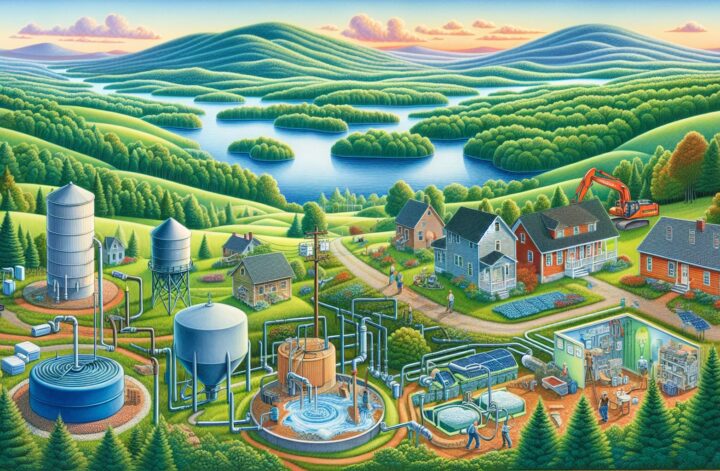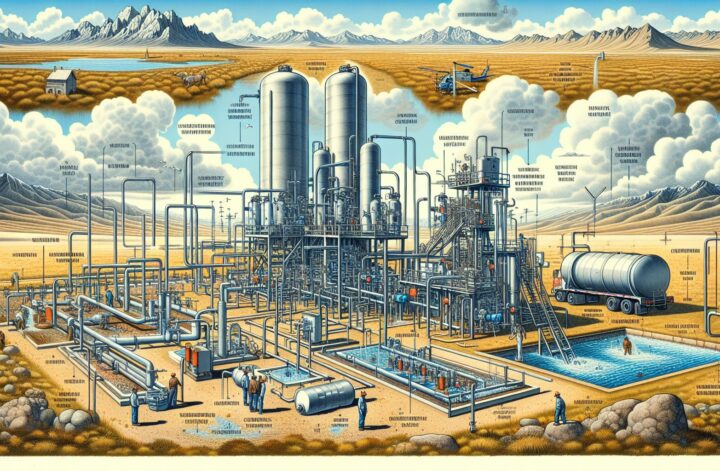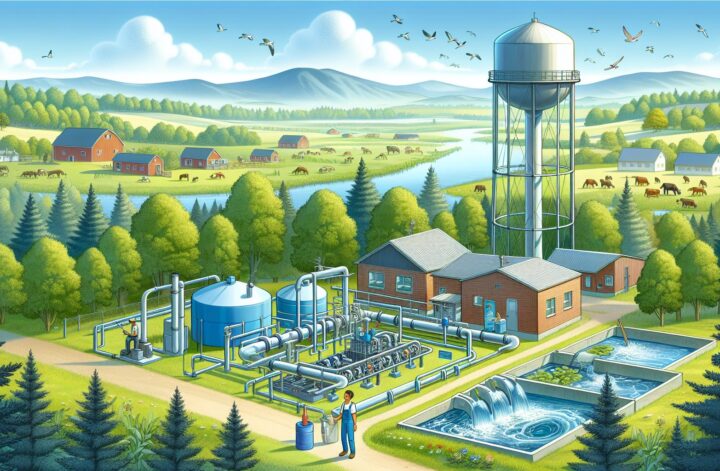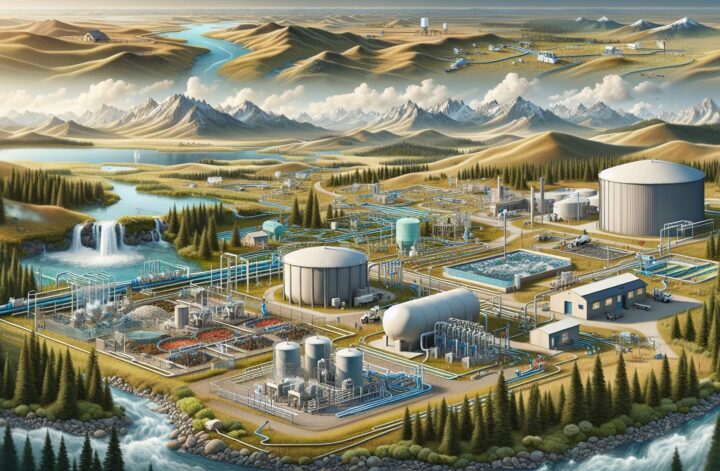Maine, also known as the Pine Tree State, is marked by vast forests, rugged coastlines, and some of the most diverse ecosystems in the US. While picturesque, these characteristics also bring unique challenges to water and wastewater systems in rural areas of the state.
In rural Maine, water is primarily sourced from groundwater wells. As per the US Geological Survey (USGS), groundwater provides approximately 60% of the water supply in Maine[^1^]. While public water systems serve the majority of state residents, almost half of Mainers rely on private wells for their drinking water[^2^]. This is a significantly higher portion than the national average of around 15%[^3^].
These distributed, private systems pose their own set of challenges. While public water systems are regulated for safety by the Safe Drinking Water Act, private well water is not protected by this federal law. This leaves individual homeowners responsible for water quality testing, and it also means that issues such as old, unupdated infrastructure or naturally occurring contaminants may go unaddressed.
Wastewater management presents further difficulties in rural Maine. In some of these areas, homes and businesses rely on septic systems for wastewater treatment. These personal septic systems require regular maintenance to function properly and prevent contamination of nearby water sources.
On the public side, much of rural Maine’s wastewater infrastructure is aged and in need of significant investment. Many of these systems were built over 30 years ago and have reached or surpassed their intended lifespan[^3^]. In the face of a changing climate and increased precipitation, upholding the integrity of these aging systems is increasingly challenging.
Maine’s issues are neither unique nor unmanageable. Through sustained funding, education, assistance programs, and robust infrastructure planning, the state could support safe and sustainable water and wastewater systems in rural regions. Other states with a similar rural make up could potentially follow in Maine’s footsteps to improve their rural water and wastewater systems.
[^1^]: Maine’s Groundwater




